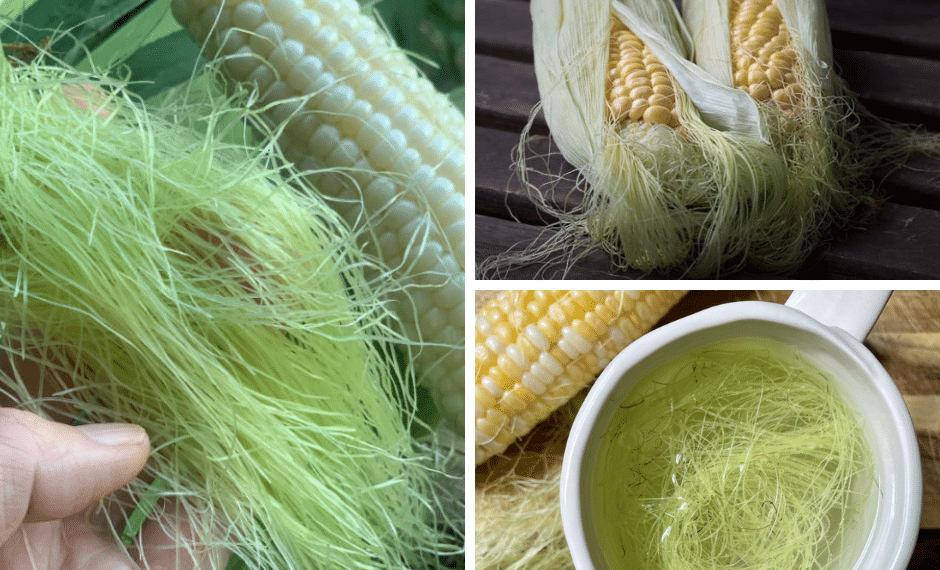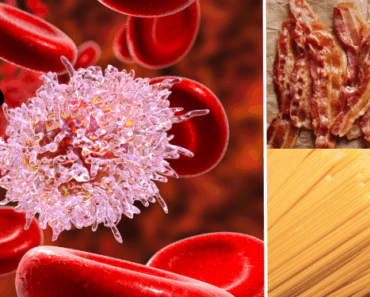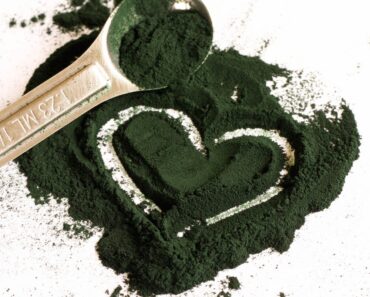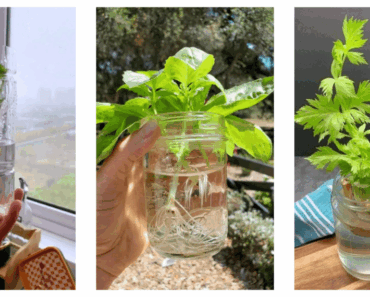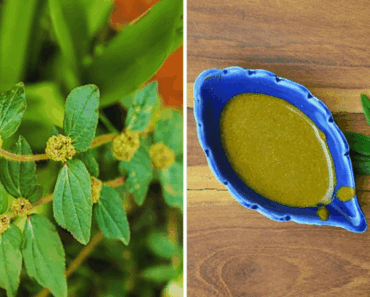When preparing fresh corn, most people instinctively toss the silky threads found beneath the husk. Yet these delicate strands—known as corn silk—are a treasure trove of health-promoting compounds, revered in traditional medicine for centuries and increasingly recognized by modern science. Far from being kitchen waste, corn silk offers a remarkable array of natural benefits for the body, from supporting urinary tract health to providing potent antioxidant protection. Here’s why you should think twice before discarding corn silk, and how you can harness its healing potential.
What Is Corn Silk?
Corn silk is the long, thread-like fibers that grow beneath the husk of a fresh ear of corn. These silky strands play a crucial role in pollination and the growth of the corn kernel. While typically discarded during food preparation, corn silk has a long history as a herbal remedy in traditional Chinese, Native American, and other folk medicine systems12345. Today, it is used in various forms—fresh, dried, as tea, tincture, or extract—to address a wide range of health concerns.
Nutritional and Phytochemical Composition
Corn silk is rich in bioactive compounds that contribute to its medicinal properties. These include:
-
Flavonoids (such as quercetin and rutin)
-
Saponins
-
Tannins
-
Alkaloids
-
Polysaccharides
-
Sterols (sitosterol, stigmasterol)
-
Vitamins (notably vitamin K and vitamin C)
-
Minerals (potassium, magnesium, calcium, sodium)
-
Proteins and carbohydrates
These compounds are responsible for corn silk’s antioxidant, anti-inflammatory, diuretic, and other health-promoting effects.
Top Health Benefits of Corn Silk
1. Powerful Antioxidant Protection
Corn silk is a rich source of antioxidants, particularly flavonoids and polyphenols, which help neutralize harmful free radicals in the body. Antioxidants protect cells from oxidative stress, a major contributor to chronic diseases such as diabetes, heart disease, and cancer168910511. Studies show that mature corn silk offers especially strong radical scavenging effects68.
2. Anti-Inflammatory Effects
Corn silk contains compounds that reduce inflammation, a key factor in many chronic illnesses. Research demonstrates that corn silk extract and its peptides can suppress inflammatory pathways, particularly the NF-κB signaling pathway, which plays a central role in the body’s immune response12121011. This makes corn silk potentially helpful for conditions like arthritis, gout, and inflammatory bladder disorders.
3. Supports Urinary Tract and Kidney Health
One of the most well-established uses of corn silk is for urinary tract health. Its soothing, demulcent, and diuretic properties help:
-
Increase urine production and flow
-
Reduce irritation of the bladder and urinary tract
-
Soothe symptoms of urinary tract infections (UTIs), cystitis, and urethritis
-
Support kidney function and help prevent kidney stones13134107
Corn silk tea is a traditional remedy for easing burning, pain, and frequent urination associated with UTIs and for reducing bedwetting in children410.
4. Natural Diuretic and Detoxifier
Corn silk acts as a gentle diuretic, increasing urine output and helping the body eliminate excess fluid and toxins. This can help reduce swelling (edema), lower blood pressure, and support detoxification processes19105117. By promoting urination, corn silk may also help balance electrolytes—especially potassium, which is abundant in the silk9107.
5. Blood Sugar Regulation
Animal and preliminary human studies suggest that corn silk may help lower blood sugar levels and improve insulin sensitivity, making it potentially useful for people with diabetes or metabolic syndrome12141510117. Corn silk extract appears to slow the absorption of starchy foods, preventing spikes in blood sugar1011.
6. Cholesterol and Heart Health
Corn silk may help lower total cholesterol and LDL (“bad”) cholesterol while increasing HDL (“good”) cholesterol, thus supporting cardiovascular health and reducing the risk of heart disease1141510511. Its diuretic effect also helps lower blood pressure by reducing sodium and fluid retention110117.
7. Liver Protection
Corn silk’s antioxidants help protect the liver from oxidative damage and support its detoxification functions. Some studies suggest corn silk may even help treat hepatitis and reduce liver inflammation95.
8. Anti-Fatigue and Antidepressant Properties
Corn silk has been shown to have mild anti-fatigue and mood-boosting effects in animal studies, possibly due to its ability to reduce oxidative stress and inflammation2911.
9. Antimicrobial and Immune Support
Corn silk exhibits antimicrobial activity, particularly against bacteria that cause urinary tract infections24. Its immune-boosting effects may also help the body ward off illness and recover from infections9.
10. Relief from Gout and Joint Pain
The anti-inflammatory and diuretic properties of corn silk make it a traditional remedy for gout and arthritis, helping to reduce pain, swelling, and uric acid levels94511.
11. Improved Bladder Control
Corn silk tones and strengthens the bladder muscles, helping to reduce symptoms of overactive bladder, urinary incontinence, and bedwetting, especially in children and older adults4107.
12. Potential Anti-Cancer Effects
Emerging research suggests that compounds in corn silk may have anti-cancer properties, including the ability to induce cancer cell death and suppress tumor growth. Flavonoids in corn silk can enhance immune responses and reduce inflammation, which may help prevent cancer progression. Corn silk extracts may also reduce the side effects of chemotherapy drugs16.
13. Skin and Hair Health
Corn silk’s antioxidants and minerals support healthy skin and may help soothe irritations, rashes, and wounds. When used as a hair rinse or mask, corn silk can promote scalp health and potentially stimulate hair growth917.
How to Use Corn Silk
Corn Silk Tea
The most common way to consume corn silk is as a tea:
-
Fresh or dried corn silk (about 2–3 tablespoons)
-
Add to 2 cups of boiling water
-
Simmer for 15–20 minutes, strain, and drink warm or cool17410
Corn silk tea has a mild, sweet taste and can be enjoyed daily for its gentle diuretic and soothing effects.
Corn Silk Extracts and Supplements
Standardized corn silk extracts are available in capsule or tincture form. Always follow dosage recommendations and consult a healthcare provider before starting any supplement, especially if you have underlying health conditions or take medications1181310.
Topical Use
Corn silk can be infused in oil or made into a poultice for skin health or hair care. Corn silk-infused oil can be massaged into the scalp or used as a hair mask to promote hair and scalp health17.
Safety, Side Effects, and Precautions
Corn silk is generally safe when consumed in amounts typically found in foods or teas. However, larger medicinal doses may cause side effects such as:
-
Low potassium (hypokalemia)
-
Allergic reactions in sensitive individuals
-
Interactions with diuretics, blood pressure, or blood sugar medications1810
Pregnant and breastfeeding women should avoid large doses, as corn silk may stimulate the uterus18. If you have kidney disease, low blood pressure, or are scheduled for surgery, consult your healthcare provider before using corn silk1810.
How to Store and Prepare Corn Silk
-
Harvest: Use only fresh, unblemished silk from organic corn when possible.
-
Drying: Spread silk in a single layer on a screen or paper towel in a well-ventilated area, away from direct sunlight, until completely dry. Store in an airtight container for up to a year410.
-
Preparation: Use dried or fresh silk for tea, tincture, or topical preparations.
Conclusion: Don’t Discard Corn Silk—Embrace Its Benefits
Corn silk is a humble yet potent natural remedy, offering a wide spectrum of health benefits—from supporting urinary and kidney health to providing antioxidant, anti-inflammatory, and metabolic support. While more human clinical research is needed, centuries of traditional use and promising modern studies suggest that corn silk deserves a place in your herbal medicine cabinet. Next time you shuck an ear of corn, save those silky threads and discover their healing power for yourself.
References:
Citations are embedded throughout the article for direct support from scientific studies and expert sources.
- https://www.healthline.com/nutrition/corn-silk
- https://www.ijpsjournal.com/article/Therapeutic+Applications+of+Corn+Silk+a+Versatile+Natural+Medicine+A+Comprehensive+Review
- https://pmc.ncbi.nlm.nih.gov/articles/PMC6268265/
- https://www.learningherbs.com/blog/corn-silk-uses
- https://pdfs.semanticscholar.org/9247/5f2543a7e39c83077f02a12045a6fd1c1290.pdf
- https://pmc.ncbi.nlm.nih.gov/articles/PMC10252499/
- https://www.tuasaude.com/en/corn-silk/
- https://assets.researchsquare.com/files/rs-3320000/v1/33433e4f-8e21-4b65-9164-51e2acf9a885.pdf?c=1695826635
- https://blog.mendzone.in/corn-silk-30-amazing-health-benefits/
- https://health.clevelandclinic.org/benefits-of-corn-silk
- https://www.medicinenet.com/7_benefits_of_corn_silk_and_how_to_use_it/article.htm
- https://pubs.acs.org/doi/abs/10.1021/acs.jafc.6b03327
- https://www.rxlist.com/supplements/corn_silk.htm
- https://www.ajol.info/index.php/jaaps/article/view/221075
- https://pubmed.ncbi.nlm.nih.gov/28950827/
- https://pmc.ncbi.nlm.nih.gov/articles/PMC10290017/
- https://scandinavianbiolabs.com/blogs/hair-questions-database/how-to-use-corn-silk-for-hair-growth-natural-solutions
- https://www.webmd.com/vitamins/ai/ingredientmono-140/corn-silk
- https://journalijcar.org/sites/default/files/issue-files/14464.pdf
- https://www.youtube.com/watch?v=5z7B4e1sebk
- https://www.sciencedirect.com/science/article/abs/pii/S2212429224014500
- https://www.indigo-herbs.co.uk/natural-health-guide/benefits/corn-silk
- https://www.thepharmajournal.com/archives/2023/vol12issue10S/PartN/S-12-9-364-747.pdf
- https://draxe.com/nutrition/corn-silk/
- https://www.pharmacognosyjournals.com/archives/2023/vol5issue1/PartA/5-1-16-484.pdf

